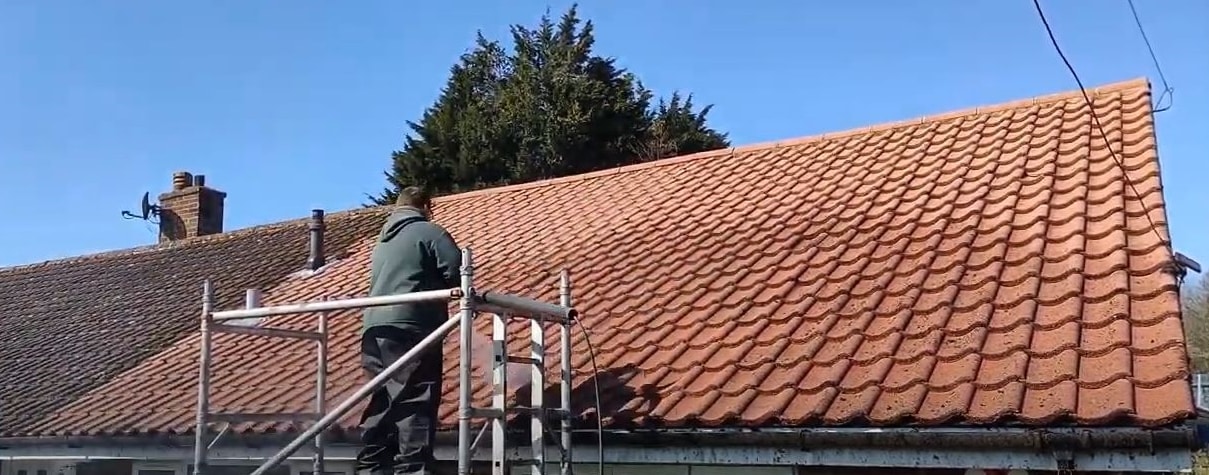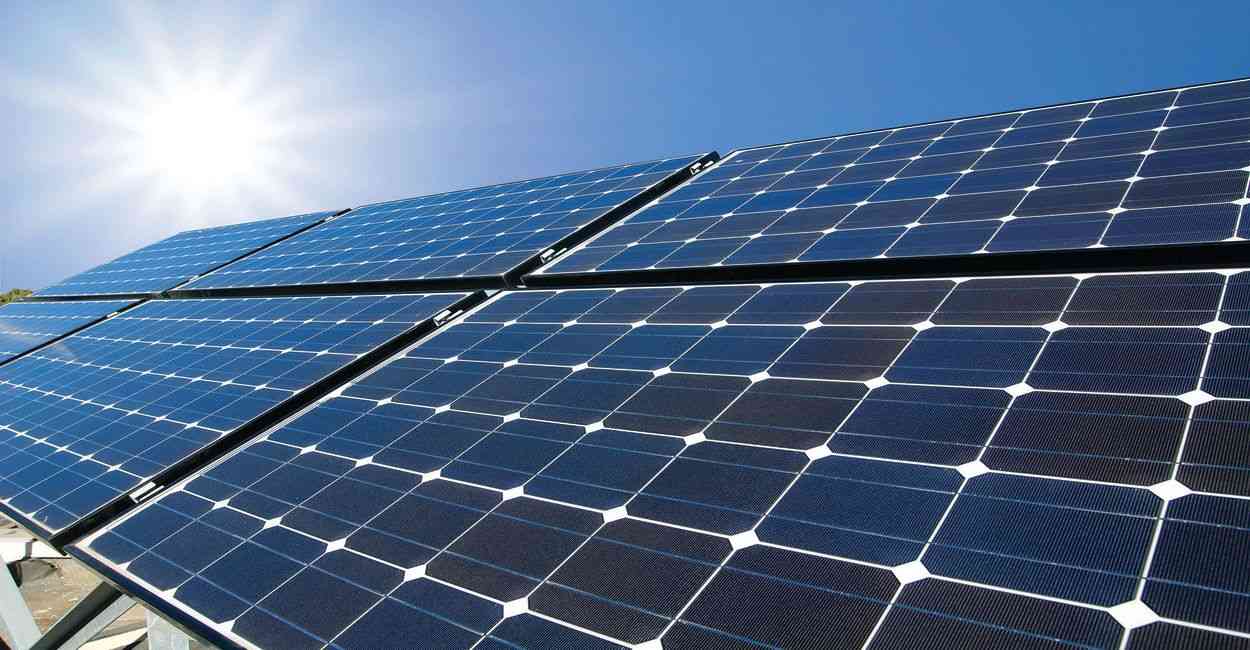Are Natural Disinfectants Effective? How to Know If a Cleaner Really Kills Germs
4 min readAlthough we all want our domestic surfaces to sparkle and glow, it can be not just their all round glimpse that issues: All commonly-touched surfaces want to be disinfected routinely, also. Positive, some of the items in your pantry or refrigerator (imagine: vinegar and lemon juice) may correctly cleanse your countertops, sinks, and other higher-site visitors spots, but they aren’t packed with the correct elements to appropriately disinfect your area. That isn’t going to necessarily mean that you have to flip to common all-objective cleaners to get the job completed, though.
When utilized appropriately, pure disinfectants manufactured with plant-based elements can be just as productive as chemical cleaners. But not all pure cleaners are made similarly: To make confident that you happen to be buying cleaners permitted by the U.S. Environmental Protection Company, glimpse for solutions with elements like thymol, like Seventh Generation Disinfecting Wipes and Cleaners. No subject if it can be a spray or wipe, these pure disinfectants get rid of germs and viruses on really hard surfaces, but they operate far more slowly than chemical disinfectants. To disinfect appropriately, cleanse the area with soap and drinking water prior to employing your disinfectant of selection, and permit sit for at the very least ten minutes, based on the merchandise recommendations, to get rid of 99.999% of germs.
To note: All cleaners that declare to get rid of germs involve EPA registration. It’s what the Fantastic Housekeeping Cleansing Lab utilizes as a guidebook when we take a look at sanitizers and disinfectants, and it indicates that if you adhere to the directions, then the merchandise will operate as claimed. With that staying claimed, listed here are a couple tips about how to disinfect, irrespective of whether you choose for pure or chemical solutions:
- Sanitizing is not the similar as disinfecting. Sanitizing (lessens the risk of disease by killing 99.nine% of germs) generally can take less time — in some cases just 30 or 60 seconds — whilst disinfecting (killing 99.999% of germs) can just take any place up to ten minutes, based on the merchandise.
- Look at the label for how very long really hard, non-porous surfaces have to keep wet for the most productive germ killing. Mainly because liquids evaporate, you may have to apply the merchandise many times.
- No merchandise can sufficiently sanitize or disinfect a dirty area, so make confident you cleanse — even with plain soap and drinking water — prior to you disinfect.
- Standard soap and drinking water cleans germs away, but sanitizing and disinfecting solutions are needed to get rid of germs.
- Comfortable surfaces are porous and will in no way reach the level of germ get rid of needed to be entirely disinfected.
- Never ever incorporate disinfecting or any cleaning solutions (bleach and vinegar, for illustration) and open up the window or ventilate a home if fumes develop into bothersome.
- Take a look at surfaces in a hidden location prior to employing alcohol, hydrogen peroxide, or any disinfectant on a area, especially a fragile just one. On foods get hold of surfaces, rinse with distinct drinking water and dry following disinfecting, until the merchandise label specially claims normally.
Are vinegar or lemon juice productive disinfectants?
In quick, no. Although the citric acid in lemons or acetic acid in vinegar kills some germs and are EPA-registered lively elements, the concentration and PH degrees aren’t powerful adequate to disinfect in the similar way as other EPA-registered cleaners. But if you happen to be simply just hunting to spruce up your countertop, refrigerator, or other really hard-strike area, then they are going to at the very least make it glimpse cleaner than prior to.
Is rubbing alcohol or hydrogen peroxide a intelligent possibility?
It’s up for debate irrespective of whether or not rubbing alcohol and hydrogen peroxide are regarded as pure cleaners, but just one thing’s for confident: They’re the two stable solutions to chemical disinfectants. Greater percentages of alcohol evaporate also quickly to be productive, so it can be best to stick with a rubbing alcohol containing 70% isopropyl alcohol or a 3% hydrogen peroxide option. Dilute it marginally (two thirds alcohol and just one third drinking water) prior to employing and permit it sit — rubbing alcohol for at the very least 30 seconds and hydrogen peroxide for at the very least just one moment — prior to wiping cleanse.
Even though you can use these selfmade cleaners on domestic surfaces, help you save them to disinfect more compact objects like thermometers. Mainly because these alcohol answers are exceptionally evaporative, they you should not operate very well on really hard, non-porous surfaces.
What about steam cleaners?
Sure, steam is an productive way to get rid of germs and other germs without having chemical substances. Do not reach for your trusty garment steamer, though: Home steam cleaners, like the Bissell SteamShot Deluxe, reach temperatures higher adequate to get rid of germs on really hard domestic products and services. The catch: Steam have to have immediate get hold of with the area for a very long period of time to be productive. Stick to the procedure in your steamer’s owner manual for the best outcomes.







.jpg)